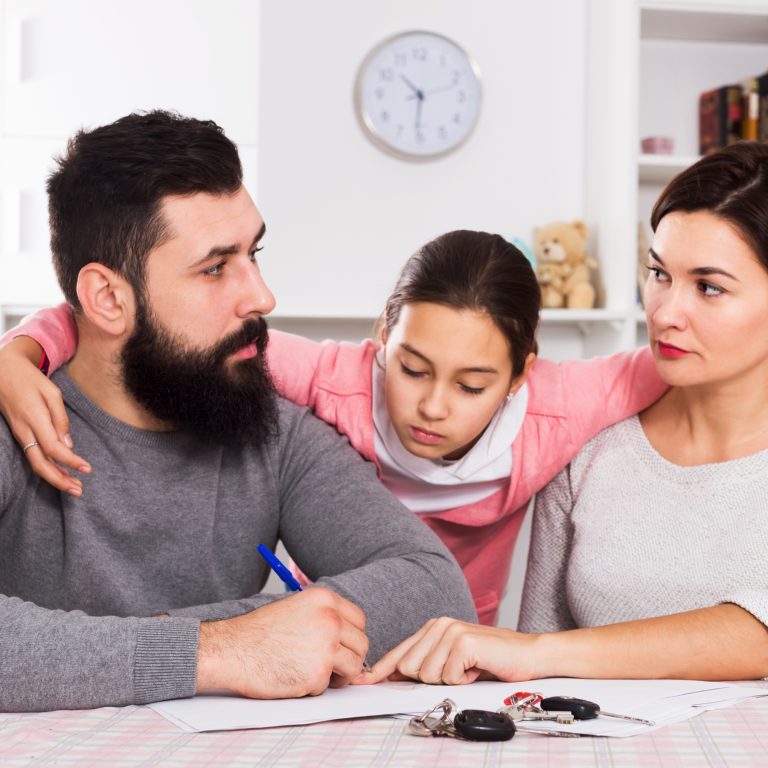Explore Alternatives to Court
You have more options than you think. We can guide you through the best course of action, whether it’s creating a Minute of Agreement or exploring other options for the best outcome.



Always Here for You
Mediation Experts
Offering families who are experiencing conflict the opportunity to reach their own arrangements with the intervention of an independent third person.
Reduce Stress
We can help reduce formal court action through a Minute of Agreement, safeguarding your investments or reaching an agreement about ongoing financial commitments.
Collaborative Law
Our specialists can help you find the best solutions by agreement, rather than through court proceedings.
Struggling With Divorce Settlements?
Don’t panic, you have more options than you think. If you and your ex-spouse are struggling to agree on the division of finances, what to do with the family home, where your child will live, or how often you will get to see them, seek legal advice as soon as possible.
Contact Us Now
Here to Help, Every Step of the Way
Mediation offers families who are experiencing conflict the opportunity to reach their own arrangements with the intervention of an independent third person. For mediation to work effectively, both parties must be willing to put aside their differences, participate fully, and be open and honest about any concerns they have. The trained mediator will assist with sorting out any disagreements and will remain impartial.
Contact Us NowTrusted: Regulated by the Law Society of Scotland so you know you’re in safe hands
Experienced: We have vast experience serving clients all over Scotland.
Multi-Award-Winning: Our team has won several national legal awards for our commitment to our clients and our legal work.

Need Collaborative Law Advice?
We understand the collaborative process is not for everyone. It requires both parties to be open and honest and to search for a fair solution for everybody. You also have to trust each other throughout. At the start of the process, you are all encouraged to sign an ‘agreement’ that commits you to try to resolve the issues with respect and integrity without going to court and prevents both lawyers from representing either of you in court if the collaborative process breaks down at any stage. This means that everyone is absolutely committed to finding the best solutions by agreement, rather than through court proceedings.
Is Collaboration the Right Route?
To help you decide if Collaboration is the best choice for you, ask yourself…
Do I want a civilised, respectful resolution of the issues arising from my separation?
Do I want to keep open the possibility of civil contact with my spouse/partner in the future?
Do I want to have the best co-parenting relationship possible with my spouse/partner?
Do I want to protect my children from the fallout associated with traditional court cases?
Do we have friends and/or extended family that each of us wants to keep in contact with?
Do I want to take personal responsibility for handling this conflict with integrity?
Do I want to retain control over the decision-making as opposed to leaving it to a judge?
Do I want to reach an outcome more specific and suitable to my personal family situation?
Do I understand that conflict resolution with integrity involves not only achieving my goals but also finding a way to achieve the reasonable goals of my spouse/partner and our children?
Will I commit all my resources and energy towards creative problem-solving rather than towards seeking recrimination and/or revenge?
Am I ready to fix the problem rather than to fix blame?



Frequently Asked Questions
We can help every step of the way.
While mediation is primarily there to help separating couples sort out future arrangements, a family breakdown can take an emotional toll on all family members involved. Recent statistics suggest that up to one million grandparents in the UK are split from their grandchildren following a separation in the family. Mediation is open to anyone affected by a change in family dynamics and supports parents, children, grandparents and other family members.
Mediation involves an independent third party – the mediator – who helps separating couples work out how to resolve any disputes. The mediator does not legally advise either party, take sides or make judgements, but instead, is there to support those involved by ensuring that both parties get a chance to communicate what is important to them so they can make practical plans for the future.
Mediation is a confidential process whereby any discussions are not disclosed outside the mediation hearing unless both parties agree to it or if there are issues concerning a child’s safety.
Prioritising Your Best Interests




Not sure what to expect?
Our friendly team are on hand to provide guidance and advice
Contact Us Now